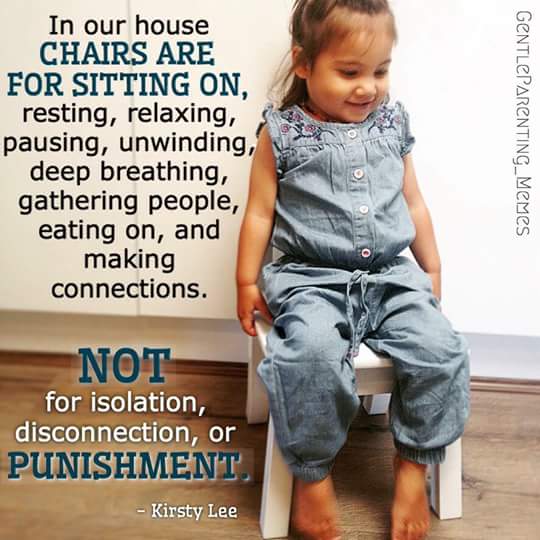Are you ready to ditch ‘the look’ when caring for children?
Are you ready to ditch ‘the look’ when caring for children? https://thejaneevans.com/wp-content/themes/corpus/images/empty/thumbnail.jpg 150 150 Jane Evans https://secure.gravatar.com/avatar/1b06bd036211b82cdba19b095bacdad4?s=96&d=mm&r=g
Have you ever caught yourself giving a child the look to stop their behaviour, only to regret it later, as:
- You realised it wasn’t them who did it
- They burst into floods of tears….for ages
- You hear later that their cat died last night
- You knew it wasn’t really about them
Can stickers replace the look?
During a short presentation on working with children in early years who may have anxiety. I was aware that suggesting consequences and reward systems are not helpful was causing a breakout of dismay and despair. By the time we had discussed how time-out and stickers fell under rewards and consequences, feathers were ruffled!
I can see why this would be as there’s still a widespread belief that rewards and praise teach children how to behave well. Whilst consequences, a certain tone of voice, and a warning look help children discover what is not acceptable. Both systems are familiar and ingrained in many settings where young children spend their time.
How can such tried and tested strategies be wrong?
In seven years of speaking, writing and training on children’s behaviour I have had many things levelled at me. ‘It’s too airy-fairy’ ‘they’ll never learn without a consequence’ ‘real-life is all about consequences so they need to get used to them’ ‘whose got time for all that’ ‘young children can’t tell you their feelings.’
- It’s too airy-fairy – what I share is based on recent neuroscience and is robustly proven – starting with Maclean’s triune brain theory and Bowlby and Ainsworth’s work on attachment theory. Right through to groundbreaking work on epigenetics by Rachel Yehuda and others.
- They’ll never learn without a consequence – when children can work out what feels right, keeps the adults happy (thus ensuring their safety and survival) and can do it, they mostly do! When they can’t, it’s because they haven’t reached that developmental stage yet, or they have high levels of anxiety, or trauma, or other additional needs.
- Real life is all about consequences – it can be, but how often do you suffer a consequence enforced by someone else, for your behaviour? Rarely, unless you are in an abusive relationship or being bullied at work. More often, if we are struggling, or about to make a mistake someone tries to help us out.
- Who’s got time for all that – kindness, connection and teaching children rarely take longer than – the look, the warning, the consequence, the conversation following the consequence.
- Young children can’t tell you their feelings – pre-verbal children can’t say how they were feeling in the run-up to the misdemeanour. BUT, over time they will develop the ability to because you took a moment to be curious and suggest feelings they may have experienced. Most importantly they will get a sense that you cared what was going on for them even if they were the biter or shover, this time.
What replaces the look?
At the end of the presentation I was asked, “So, you are saying no time-outs, no stickers, stop using consequences. What about the look? Can we keep that??’ I empathised with their struggle to reckon it all up! I encouraged them to explore what happens to a child when the adults they rely on for kindness and safety, sometimes make them feel bad about themselves. Also, to be in a place of curiosity about whether this can ever be good for a child’s all-around development, or well-being.
My time with the group was up and I sensed their exasperation and frustration so I left them with this.
Imagine:
You arrived today and as you were going to park your car. You saw me in your wing mirror, giving you the look. How do you feel? Flustered?
You quickly panicked as your recalled how I’d previously FULLY explained exactly how to park your car in this very space. I warned you of the consequences if you got it wrong next time. Truth is you were in a rush and forgot until you saw the look!
Moisture gathered on your top lip. You tried to smile weakly at me. On some level, you were aware you were already at the wrong angle to park well. Then crunch. You scraped against the wall.
I marched towards your car, pulled open the door. “What did I tell you? Why did you do that? Get out now and go sit on the wall over there until I’m ready to speak to you, and give me your phone too. I bet you were fiddling with it.”
OR
You arrived today and as you were going to park your car, you saw me in your wing mirror, giving you a thumbs-up to check you are OK, and a kind smile. How did you feel? Reassured?
Sadly, you still hit the wall as your angle really was wrong! I approached the car, looking concerned for you. I gently opened the door. “Are you OK? Are you hurt? What do you need? Shall I just let you gather yourself, I’ll be right here.” I waited, eventually, you wanted a hug. Then we worked out what needed to happen next for you to be alright and to sort the car out.
In future, you slow things down and take more time when parking. You did learn. I didn’t increase your sense of stupidity and shame. I supported you and was happy to help you with your parking later that day. That’s what friends do for each other.
Why then do we so often do the opposite to children?
Children who have under developed brains and limited life experience, are innocent and desperate to please us. Of course, they get stuff wrong. The area of the brain responsible for impulse control isn’t fully formed until they are nearly 30!
Put the look away!
Is my message to all who are fortunate to be present in the lives of children. Practice a kind face for ALL situations! It may well take some mindful attention and mean rehearsing the changes AWAY from the children first. After all, most of us are programmed to give the look. Practice, practice, practice until your look is a compassion filled one, right from the get-go!
Let me know how you get on in the Comments below.

Thanks Kirsty Lee of gentle parenting memes for this!



Leave a Reply